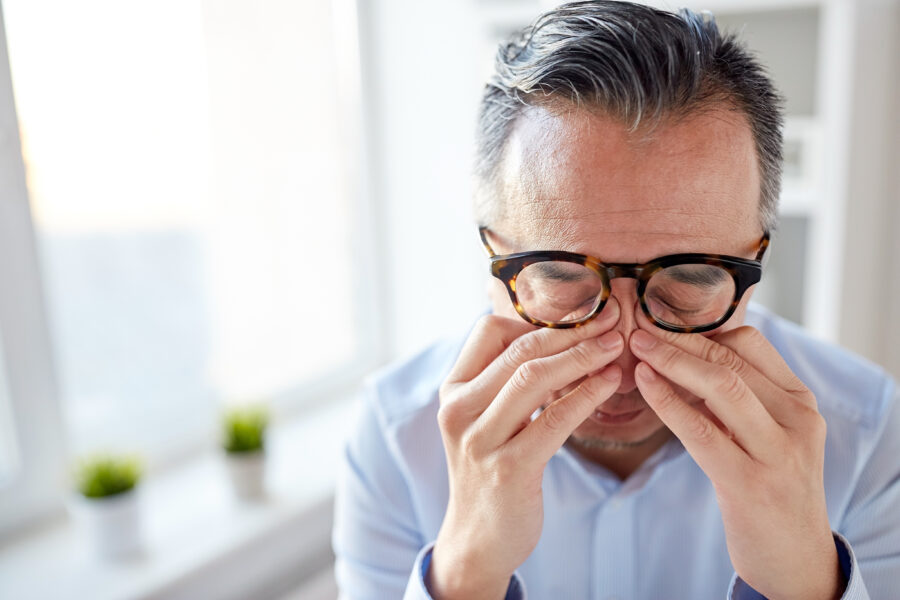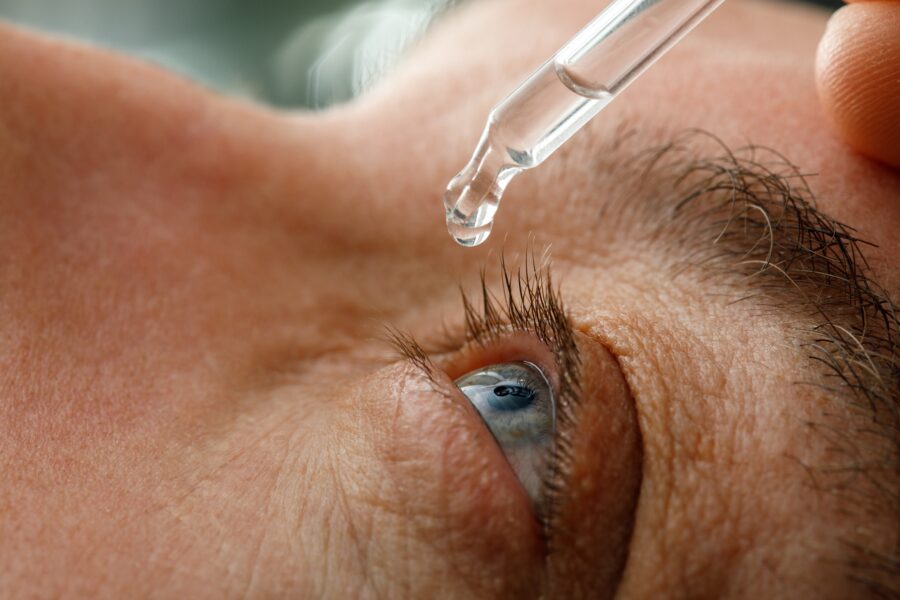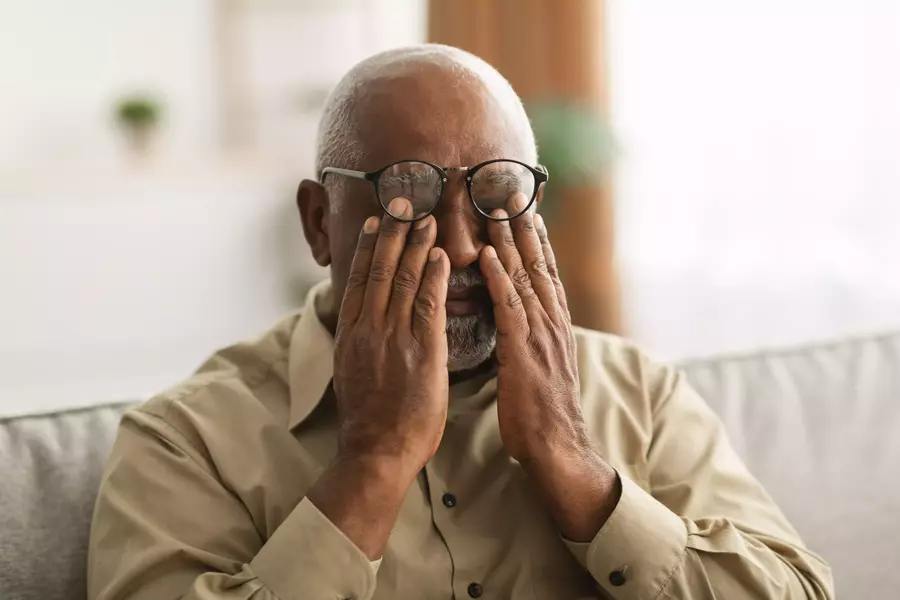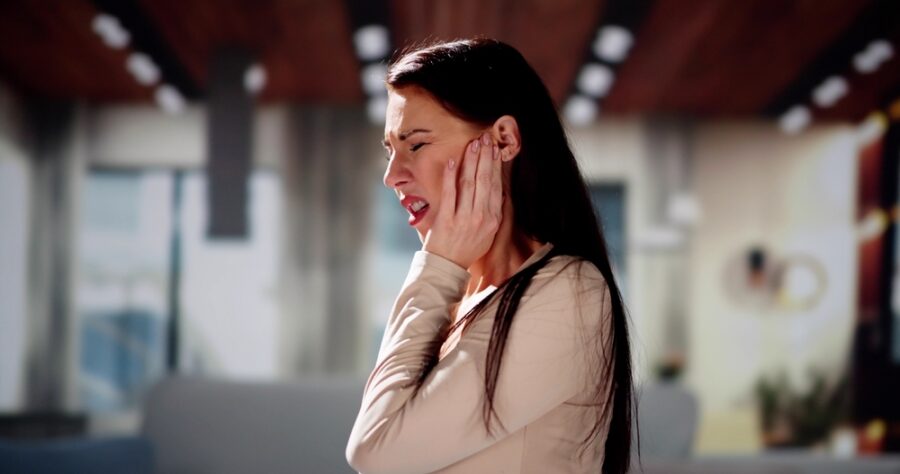

Blog post
Why do my eyes have pain when I blink?

Matthew Burford BSc(Hons) Optometry MCOptom - Domiciliary Optician and Professional Services Manager at OutsideClinic
5/6 minutes
What causes eye pain when blinking?
There are a number of reasons why you may be experiencing pain when you blink. The most common reasons are:
- Dry eye: Dry eye or tear film dysfunction means the eyes don't produce enough tears or the right quality of tears to be adequately lubricated and nourished. People with dry eyes might experience a gritty or sandy feeling, burning, stinging, redness, and even a watery discharge.
- Blepharitis: Blepharitis is chronic inflammation of the eyelids that can affect the front or inner part of the eyelids. It is a common eye condition.
- Conjunctivitis: Conjunctivitis, commonly known as pink eye, is the inflammation of the thin, transparent layer that covers the white part of the eye and the inside of the eyelids. When the blood vessels in this layer become inflamed, they're more visible and give the eye a pink or reddish colour.
- Corneal abrasion or foreign body: Dust, debris or a foreign body may scratch or rub on the sensitive cornea causing pain or discomfort.
- Optic neuritis: Although a relatively rare condition inflammation of the optic nerve can result in changes in vision and pain on eye movement.
- Allergies
- Infection
Most of these issues, although uncomfortable in the short term, will go after some time. However, if these issues persist – be sure to contact your GP for further assistance.

How do I get rid of the pain?
Whilst it is best to contact your local health professional to mitigate your symptoms, there are steps you can take at home to help with the more common causes, such as dry eye:
- Warm compresses: Using a warm compress, such as an EyeBag or even a warm flannel on your eyes may offer relief.
- Eye drops: Lubricating drops will provide relief by adding moisture to your eyes and stabilising the tear film, helping to reduce the effects of conditions such as dry eyes.
- Using humidifiers: Humidifiers help to keep moisture in the air, which in the process – helps to keep your eyes hydrated. The reduces the effects of dryness and irritation within the eyes.
- Conducting suitable safety measures: Safety measures such as wearing safety glasses will reduce the chances of foreign body injury.

Are there steps I can take to prevent it happening again?
There are a few steps that you can take in aim to prevent these issues again, such as:
- Surgery: If required, your healthcare professional can recommend surgeries such as corneal surgery and eyelid surgery.
- Eye drops: With consistent use of lubricants, you can keep your eyes moisturised, helping to reduce the impact of irritation and dry eyes.
- Lifestyle: Adopt a better lifestyle, stay hydrated and ensuring you wear eye protection when needed, to avoid harmful substances such as debris.

When should I contact an optician?
Most commonly, eye pain when blinking may resolve by itself, however if some of the below symptoms are still present after that time, you should consider contacting your optician or GP:
- Feeling of unusual pressure within your eyes
- Pain when moving your eyes
- Extreme light sensitivity
- Extreme tenderness if sinuses
- Extreme vision loss


By Matthew Burford BSc(Hons) Optometry MCOptom - Domiciliary Optician and Professional Services Manager at OutsideClinic Post last updated 6th February 2025
Matthew graduated from Aston University in 2004 with a degree in Optometry.










